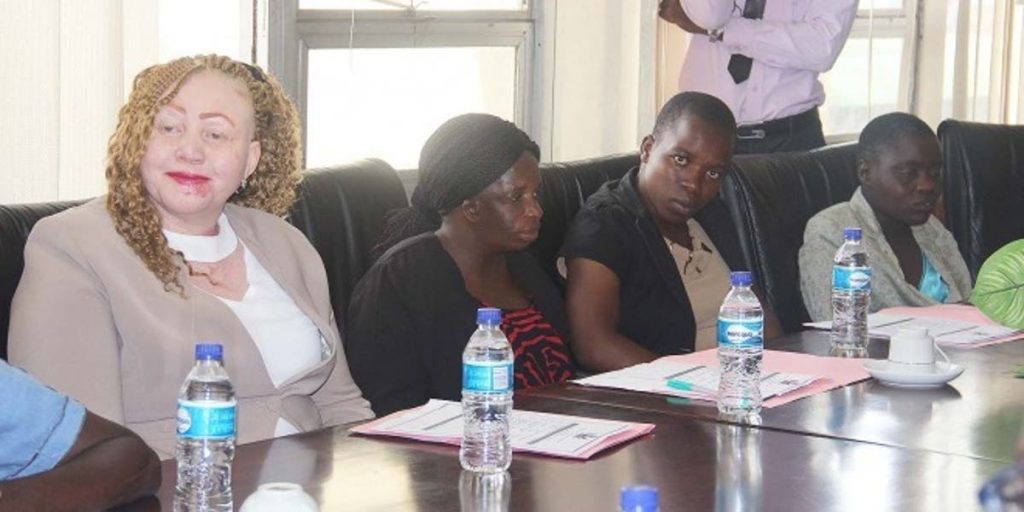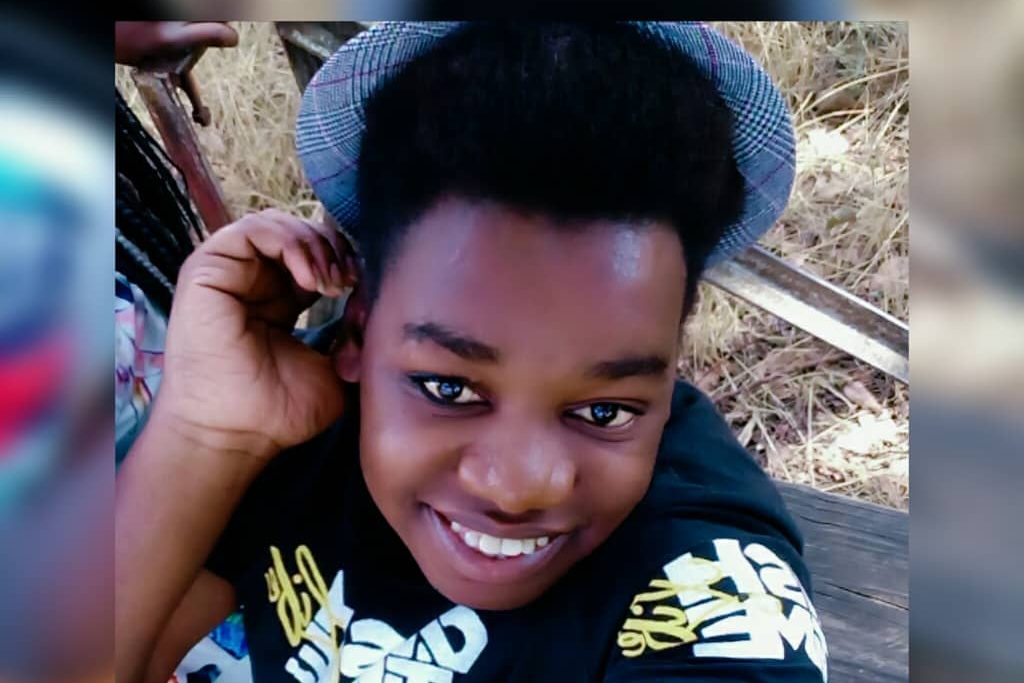Resourcing the Disability Board: Should DPOs assist? Part 1

By Isaacs Mwale
In January 2018 the Minister of Public Service, Labour and Social Welfare, Honorable Petronella Kagonye appointed a 17-member National Disability Board to develop policies that improve the lives of people with disabilities. The board members were selected from organisations that represent persons with disabilities, employer representative organisations and various Government ministries. It became the sixth National Disability Board and the board would be chaired by Ms Mercy Maunganidze of the Zimbabwe Albino Association.
Since its appointment, sadly the board has not managed to do much to influence any positive policy change and advance the lives of persons with disabilities for the better. On the day of the conception of the board Minister Kagonye said the appointment of the board was timeous as it came when the ministry was finalising the National Disability Policy and aligning the Disabled Persons Act with the Constitution.
But more than two years from that date, the National Disability Policy has not been finalised neither has the alignment of the Disabled Persons Act to the Constitution taken place. One might then wonder what the Disability Board has been doing over the past two years and why the board has not pushed the Ministry further for the purposes of implementing tangible policies. The simple answer to this is that the Board has been almost nearly incapacitated due to lack of resources available at its disposal.
After noticing the shortage of resources available to the National Disability Board last year on the 10th of December, the UNESCO Regional Office for Southern Africa (ROSA), in partnership with the Ministry of Public Service, Labour and Social Welfare, hosted a workshop in Gweru to validate the country’s Strategic Action Plan for the National Disability Board. The costed Strategic Plan was accompanied by a Resource Mobilisation and Partnership Building strategy which was meant to raise funds to strengthen the Board’s capacity and ensure sustainability. Fast forward to a year later, the Disability Board is still struggling to sustain itself.
The questions now to be asked is, what became of the Strategic Plan initiative and now should DPOs and interested stakeholders come together, as UNESCO tried last year and find ways to resource the board so that it is more effective at performing its mandate?
To be continued……..
Mobile child protection services for children
By Tinotenda Chikunya
Persons with disabilities have called for mobile one stop child protection services in rural communities as access to essential services is difficult during lockdown.
This was said during the child rights issues in the light of COVID-19 meeting held by Zimbabwe National Council for the Welfare of Children (ZNCWC) recently.
Speaking during the meeting Plan International officer Samuel Mandiwana said children in marginalised areas did not have access to social services resulting in many children suffering in silence.
“There is need for accessible social welfare and Victim friendly services within 5KM of communities for children in rural areas as most services are inaccessible and children end up enduring untold cases of abuse”.
He added that survey had revealed that children felt safer in schools than they did at home and there was lack of children’s voices in response plans.
Speaking at the same event Gamu Kanyemba , Program Officer from the Department of Social Welfare said there had been an increase in the number of children who had reached out for help during lockdown as cases of abuses were increasing as children were spending a lot of time at home.
“In April there were 411 cases of children who reached out for help and number increased as 725 children reached out in July ”.
Kanyemba also highlighted that the department was currently facing challenges of being understaffed which affected the number of children who would get help.
Attendees at the meeting recommended that there was need for a social welfare toll free number which would enable children to reach out for help quickly and easily.
They also called for the availability of child friendly and disability friendly information to increase access to information among children.
A new dawn for Vernon

By Tinotenda Chikunya
Vernon’s dream of becoming a famous media presenter was slowly fading away as doors continued to be shut on him due to his disability.
Born with a physical disability, Vernon Tukuta (25) also known as Vee Toots had always wanted to be on Television or on radio. He applied to many radio stations and attended several auditions but each time his disability was seen as a barrier and a burden by the employers.
“I attended many auditions but each time I was told I was good but the station could not give me the job as the facility was not disability friendly to cater for my wheelchair”.
Having grown up in a loving and supportive home, the rejection came as a shock to the young man who had been raised to believe that anything is possible to the one who believes.
“I grew up in a loving home and I had a very strong support system from both my parents and my family and the rejection and stigma I experienced made me lose faith in my capabilities”
In June this year, Vernon came across a call for auditions by Deaf Zimbabwe Trust and he decided to try one more time as he took part in the auditions .
He made the top 3 and become one of the duo to host the Empowered for Self Advocacy TV show on ZBCTV.
The 4 part series presented by young people with disabilities tackled issues to do with Psycho Social Support for children with disabilities. The issues discussed on the programs included drug abuse prevention, peer pressure, Gender Based Violence and the right to education for children with disabilities.
The program restored hope for Vernon as he was slowly beginning to believe that opportunities for persons with disabilities in the entertainment sector were non-existent.
“ I am talented and I knew I had it in me but the countless rejections I experienced made me lose hope in myself and in the entertainment industry”
“The opportunity I received from Deaf Zimbabwe Trust restored my confidence and I am proud to say I was also counted amongst the country’s employment statistics”.
Many children with disabilities gave feedback on the program and reached out to the presenters on issues that were troubling them while other expressed excitement on having role models they could relate to on Television.
“Growing up we hardly saw any persons with disabilities in influential positions and that made me think that PWDs never made it far in life but this opportunity not only changed my life but it also created a new perception of hope for children with disabilities”. Vernon explained
“We can be anything we want to be but the world needs to make provisions that accommodate us in order for us to reach our fullest potential” he said
